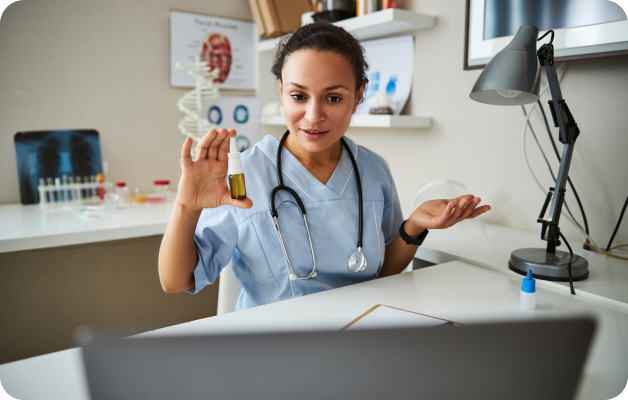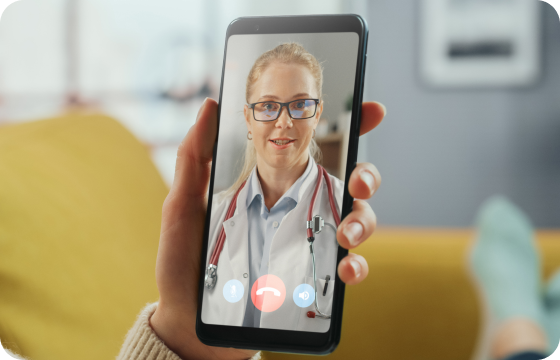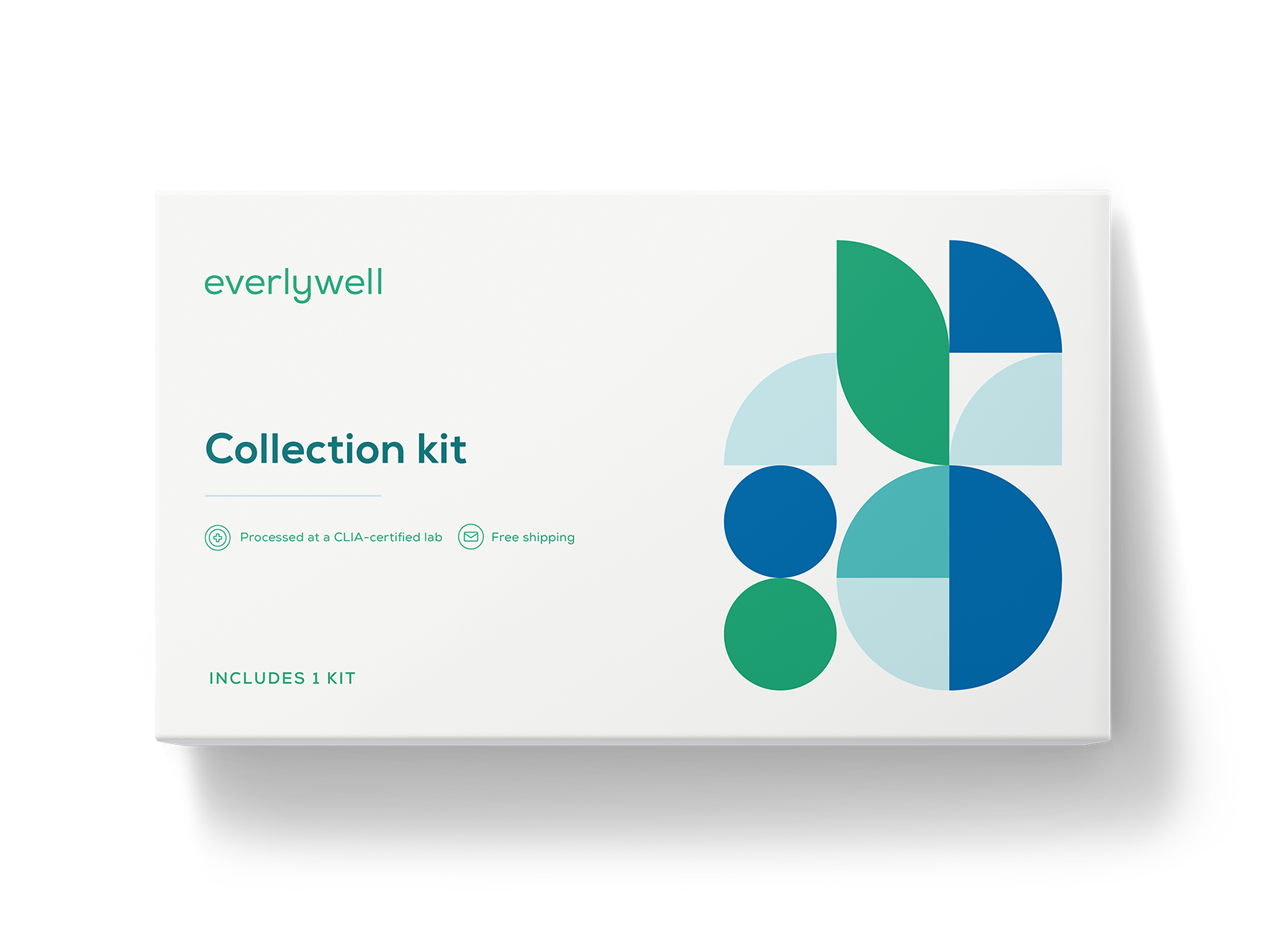HIV 1 & 2 Test with Confirmation
/each
In-person tests at any
Quest® location
Find one near you
Looking for same-day in-person STD testing? You can now order a test online and visit a Quest location to collect your sample. You’ll receive your digital results quickly and discreetly, with a physician consult available at no extra cost for abnormal or positive results. This is a great option for those who are looking to test as quickly as possible or prefer assistance during blood sample collection.
Tests for HIV (1&2)
Venipuncture blood collection
Consults available
HIV 1 & 2 Test with Confirmation
- Screen same-day for HIV (1&2) at a Quest® location near you
- Appointments available every 10 minutes with results in 1-2 days
- Clinician consultation and treatment included, where applicable
FSA / HSA accepted
FSA / HSA accepted
Better health starts here
How it all works
1
Purchase your test
Once your purchase is complete, the lab order will be processed the same or next day. Log in to your dashboard to see lab order status.


2
Collect your samples
Healthcare professionals are available to help collect your samples at a Quest® location near you. You can either schedule an appointment or walk in to your chosen location as soon as your order is processed.


3
Get results in days
Your physician-reviewed results will be ready in your account in 1-2 days*.


4
Follow recommended next steps
If abnormal or positive results are detected, you’ll be contacted by a representative from an independent clinician network, where you will be offered a consultation on next steps, and may include treatment, if applicable.


*Lab orders typically approved within 2 hours of purchase, 8 AM-8 PM local time, excluding holidays. Appointment slots are available every 10 minutes, with same-day sample collection availability dependent on individual Quest hours, which vary by location. Results typically delivered within 1-2 days but may vary depending on Quest location.

100% digital
Your results
Easy to access, even easier to understand
Care you can count on
Backed by science, reviewed by doctors

CLIA-certified laboratories
Each lab we work with is CLIA-certified (Clinical Laboratory Improvement Amendments). This means they must meet high standards to obtain both state and federal certifications and submit themselves to regular inspections.

Physician-reviewed results
All tests are reviewed by an independent board-certified physician within your state.

Your privacy matters
Everlywell is HIPAA-compliant. This means we never sell your health data and we always store it securely—in fact, we use state-of-the-art, bank-grade encryption.
Prefer to collect your samples at home?
Explore at-home lab tests
FAQs



